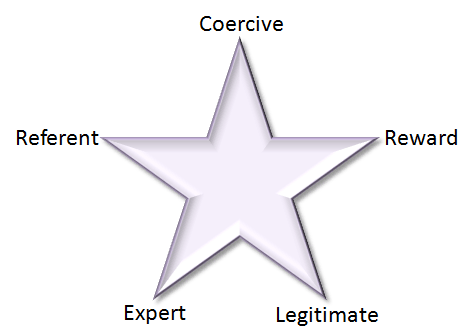I encourage you to be strongly motivated to improve your lifestyle.
Focus on your success.
by Vamp Creations Pty Ltd on Saturday, 24 September 2011 at 16:31
Your ambition to live better is a key factor in your success. People who have a clear vision of what they want in life are the people that succeed. A vague desire to improve your life will never equal the success oriented person's firm determination to move forward with their clearly defined goals. Yes, it takes total commitment.
It is YOUR life and it is up to you!
Success builds self-esteem and confidence. Successful people have greater influence over their lives. One of the best ways to ensure success is to develop expensive tastes. In addition to surrounding myself with beautiful things, I travel for business and personal enrichment.
Energy is a positive quality, a desire to get things done. The visual picture of an energised person is head up, back straight, chest out, tummy in and moving with a sense of purpose. Always square your shoulders and keep your hands out of your pockets. Energetic people do not slump. Energetic people are rarely bored.
Another key to success is to think of your work as play. You are not doing it to earn a living or because you are expected to do it. You are doing it because it is the best game in town. When we are paid to do something many people think of it as work and therefore drudgery.
Eliminate the negatives in your life. The negative influences may be television, certain foods, certain environments and certain people. Avoid those emotional vampires, the negative, can't do and the doom and gloom people. I personally avoid anyone that has a bad attitude. All of my friends are filled with optimism, vibrancy of health and focused on an abundant life.
I personally think of my work as exhilarating. I am always learning, facing new challenges and focused on making a difference in the world and leaving a legacy.
I encourage you to be strongly motivated to improve your lifestyle. Focus on your success. Clearly define what success looks like, feels like and tastes like. Life is an adventure. Turn your dreams in to reality.
Sincerely,
Susie Wilson Image and Etiquette Specialist.
Director























 etiquette - rules governing socially acceptable behavior
etiquette - rules governing socially acceptable behavior
 Your thinking skills can be considered directional skills because they set the direction for your organisation. They provide
Your thinking skills can be considered directional skills because they set the direction for your organisation. They provide  Good organisations convey a strong vision of where they will be in the future. As a leader, you have to get your people to trust you and be sold on your vision. Using the leadership tools described in this guide and being honest and fair in all you do will provide you with the ammo you need to gain their trust. To sell them on your vision, you need to possess energy and display a positive attitude that is contagious. People want a strong vision of where they are going. No one wants to be stuck in a dead-end company going nowhere...or a company headed in the wrong direction. They want to be involved with a winner! And your people are the ones who will get you to that goal. You cannot do it alone!
Good organisations convey a strong vision of where they will be in the future. As a leader, you have to get your people to trust you and be sold on your vision. Using the leadership tools described in this guide and being honest and fair in all you do will provide you with the ammo you need to gain their trust. To sell them on your vision, you need to possess energy and display a positive attitude that is contagious. People want a strong vision of where they are going. No one wants to be stuck in a dead-end company going nowhere...or a company headed in the wrong direction. They want to be involved with a winner! And your people are the ones who will get you to that goal. You cannot do it alone!